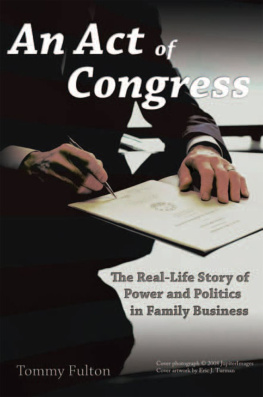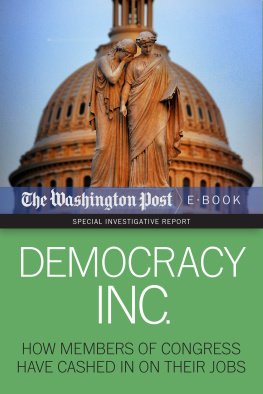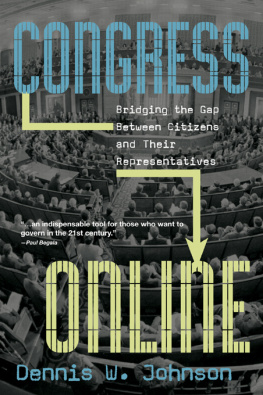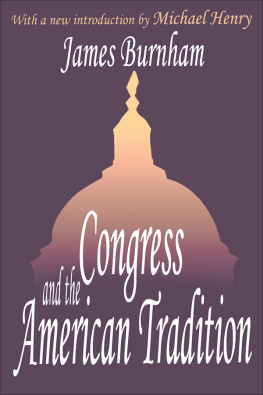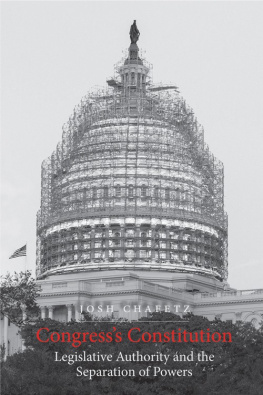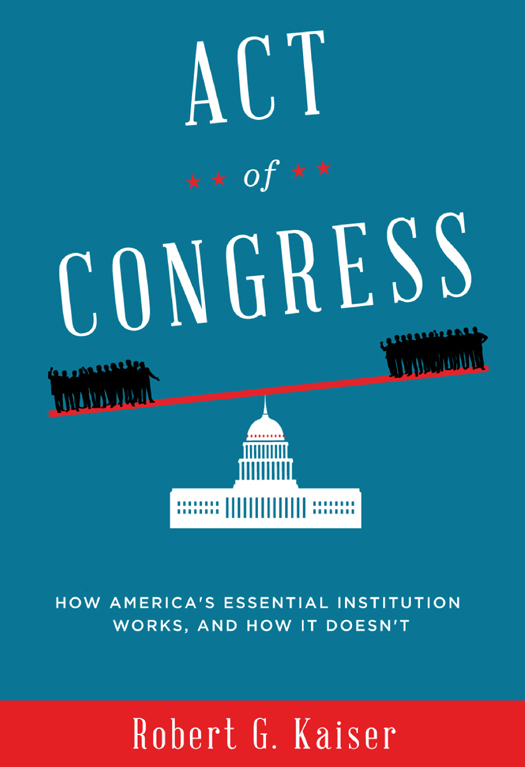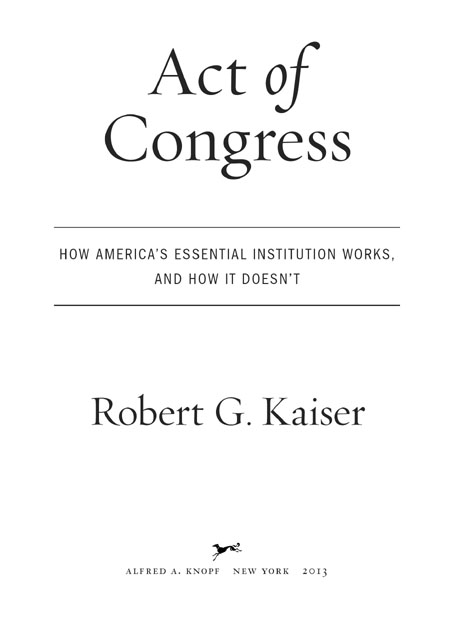Robert G. Kaiser - Act of Congress: How Americas Essential Institution Works, and How It Doesnt
Here you can read online Robert G. Kaiser - Act of Congress: How Americas Essential Institution Works, and How It Doesnt full text of the book (entire story) in english for free. Download pdf and epub, get meaning, cover and reviews about this ebook. year: 2013, publisher: Knopf, genre: Detective and thriller. Description of the work, (preface) as well as reviews are available. Best literature library LitArk.com created for fans of good reading and offers a wide selection of genres:
Romance novel
Science fiction
Adventure
Detective
Science
History
Home and family
Prose
Art
Politics
Computer
Non-fiction
Religion
Business
Children
Humor
Choose a favorite category and find really read worthwhile books. Enjoy immersion in the world of imagination, feel the emotions of the characters or learn something new for yourself, make an fascinating discovery.

- Book:Act of Congress: How Americas Essential Institution Works, and How It Doesnt
- Author:
- Publisher:Knopf
- Genre:
- Year:2013
- Rating:5 / 5
- Favourites:Add to favourites
- Your mark:
Act of Congress: How Americas Essential Institution Works, and How It Doesnt: summary, description and annotation
We offer to read an annotation, description, summary or preface (depends on what the author of the book "Act of Congress: How Americas Essential Institution Works, and How It Doesnt" wrote himself). If you haven't found the necessary information about the book — write in the comments, we will try to find it.
An eye-opening account of how Congress today really worksand doesntthat follows the dramatic journey of the sweeping financial reform bill enacted in response to the Great Crash of 2008.
The founding fathers expected Congress to be the most important branch of government and gave it the most power. When Congress is brokenas its justifiably dismal approval ratings suggestso is our democracy. Here, Robert G. Kaiser, whose long and distinguished career at The Washington Post has made him as keen and knowledgeable an observer of Congress as we have, takes us behind the sound bites to expose the protocols, players, and politics of the House and Senaterevealing both the triumphs of the system and (more often) its fundamental flaws.
Act of Congress tells the story of the Dodd-Frank Act, named for the two men who made it possible: Congressman Barney Frank, brilliant and sometimes abrasive, who mastered the details of financial reform, and Senator Chris Dodd, who worked patiently for months to fulfill his vision of a Senate that could still work on a bipartisan basis. Both Frank and Dodd collaborated with Kaiser throughout their legislative efforts and allowed their staffs to share every step of the drafting and deal making that produced the 1,500-page law that transformed Americas financial sector.
Kaiser explains how lobbying affects a billor fails to. We follow staff members more influential than most senators and congressmen. We see how Congress members protect their own turf, often without regard for what might best serve the countrymore eager to court television cameras than legislate on complicated issues about which many of them remain ignorant. Kaiser shows how ferocious partisanship regularly overwhelms all other considerations, though occasionally individual integrity prevails.
Act of Congress, as entertaining as it is enlightening, is an indispensable guide to a vital piece of our political system desperately in need of reform.
Robert G. Kaiser: author's other books
Who wrote Act of Congress: How Americas Essential Institution Works, and How It Doesnt? Find out the surname, the name of the author of the book and a list of all author's works by series.


